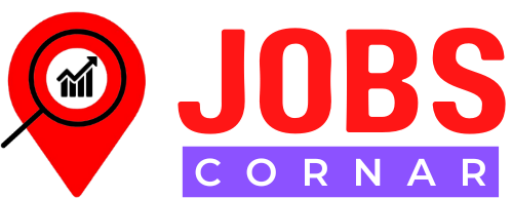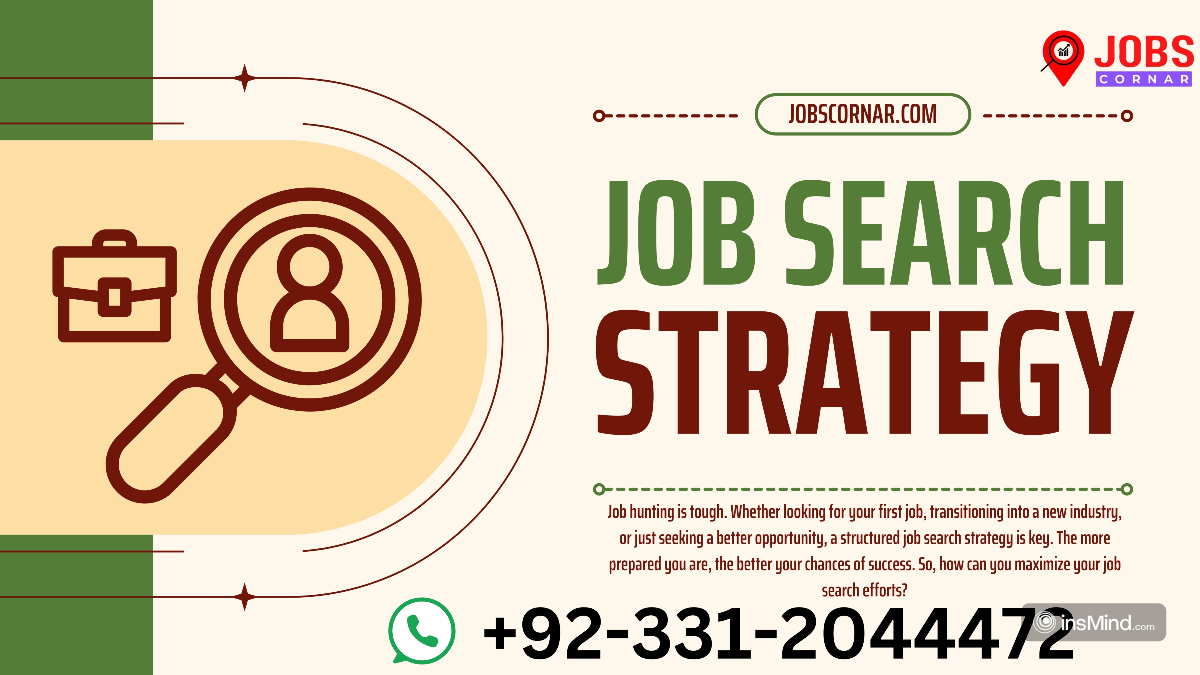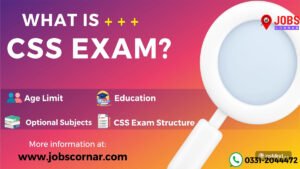The Ultimate Job Search Strategy. Searching for a job can sometimes feel like an uphill battle, but you can turn it into a smooth process with the right strategy. Whether you’re a fresh graduate or looking for a career change, having a well-rounded approach can make all the difference.
In this article, we’ll dive deep into every aspect of job hunting, giving you the tools and insights you need to land your dream job.
Introduction to Job Search Strategy
Job hunting is tough. Whether looking for your first job, transitioning into a new industry, or just seeking a better opportunity, a structured job search strategy is key. The more prepared you are, the better your chances of success. So, how can you maximize your job search efforts?
This guide will break down every step you need to take, from understanding your strengths to acing the interview. Let’s dive in!
a- Self-Assessment
Before you jump into the job market, take a moment to reflect on yourself.
Understanding Your Strengths
What are your key skills and strengths? Whether it’s technical abilities or soft skills, understanding what you bring to the table is critical in finding a job that fits you. Make a list of your top strengths and see how they align with your career aspirations.
Identifying Career Interests
Ask yourself: what do you want to do? What industries or roles excite you? Passion is important because it drives long-term career satisfaction. Take time to explore different job roles and industries before deciding on a target job.
b- Target Job
Now that you have a clearer understanding of yourself, it’s time to identify your target job.
Defining the Ideal Job
What does your perfect job look like? Think about job responsibilities, company culture, work-life balance, and salary expectations. Write down the characteristics of your ideal job to give you a clearer focus. The Ultimate Job Search Strategy
c- Researching Job Markets
Knowing which industries are thriving and what skills are in demand can help you tailor your job search. Use resources like LinkedIn, Glassdoor, and industry reports to understand the job market trends.
d- Networking Strategies
You’ve probably heard the saying, “It’s not what you know, but who you know.” Networking can often open doors that you didn’t even know existed.
Building Connections
Start by reaching out to your existing network—friends, family, previous colleagues, or classmates. Attend industry events, join professional organizations, and get involved in online forums. Building authentic relationships can lead to job referrals and insider tips.
e- Utilizing Social Media
LinkedIn is a powerful tool for job seekers. Optimize your profile with relevant keywords, regularly engage with industry content, and connect with professionals in your field. Twitter and Facebook can also be useful for networking with people in specific industries or roles. The Ultimate Job Search Strategy.
f- Resume and Cover Letter
Your resume and cover letter are often the first things an employer sees. They need to make a strong impression.
Crafting a Strong Resume
Make sure your resume is tailored to the specific job you are applying for. Highlight relevant experience, achievements, and skills. Use bullet points for easy reading, and don’t forget to proofread for any errors.
Writing a Tailored Cover Letter
A cover letter should be personal, engaging, and specific to the job. Address the hiring manager by name, explain why you’re a great fit for the role, and show enthusiasm for the company. It’s your chance to stand out from other candidates.
g- Online Job Search
In today’s digital world, most job searches happen online.
h- Best Platforms for Job Search
Some of the top job platforms include LinkedIn, Indeed, Glassdoor, and Monster. But don’t overlook niche job boards related to your industry, such as GitHub for tech jobs or Mediabistro for media roles.
Maximizing Job Alerts and Filters
Set up job alerts based on your preferred roles and locations. Use filters to narrow down the search to jobs that match your qualifications and interests. This way, you don’t waste time on irrelevant listings.
i- Job Application Tips
The job application process can feel overwhelming, but staying organized and avoiding common mistakes will increase your chances of landing interviews.
Avoiding Common Mistakes
Double-check your resume and cover letter for typos or formatting errors. Make sure you’re submitting the right documents for each job application—don’t send a cover letter meant for Company A to Company B!
Keeping Track of Applications
Create a simple spreadsheet to track where you’ve applied, the date, and any follow-up actions. This will help you stay organized and follow up on applications that haven’t received responses.
j- Interview Preparation
You’ve applied, and now you’re getting interview calls—congratulations! But the preparation doesn’t stop here.
Researching the Company
Before any interview, research the company’s history, mission, and culture. Familiarize yourself with their products or services and recent news. This will help you answer questions like “Why do you want to work here?” with confidence.
Preparing for Common Interview Questions
Practice answering common interview questions, such as “Tell me about yourself” or “What are your strengths and weaknesses?” You can also practice situational questions using the STAR method (Situation, Task, Action, Result) to highlight your problem-solving skills.
Conclusion
A successful job search isn’t just about luck—it’s about having a clear strategy and taking action. From self-assessment to interview preparation, every step is crucial. Stay persistent, keep learning, and continuously refine your approach. With these strategies, you’re well on your way to landing your next job!
FAQs
1. How can I stay motivated during a long Job Search Strategy?
It’s normal to feel discouraged, but setting small, achievable goals can keep you motivated. Take breaks, celebrate small wins, and maintain a positive mindset.
2. Should I follow up after submitting a job application?
Yes, a polite follow-up email a week or two after applying shows initiative and can keep you top of mind for the employer.
3. How important is customizing my resume for each job?
Very important! Tailoring your resume to each job makes it more relevant to the position and increases your chances of getting noticed.
4. What’s the best way to handle job rejections?
Rejection is part of the process. Use it as a learning opportunity—ask for feedback and use it to improve your next application or interview.
5. How can I expand my professional network?
Attend industry events, join online forums, and use social media platforms like LinkedIn to connect with professionals in your field.





